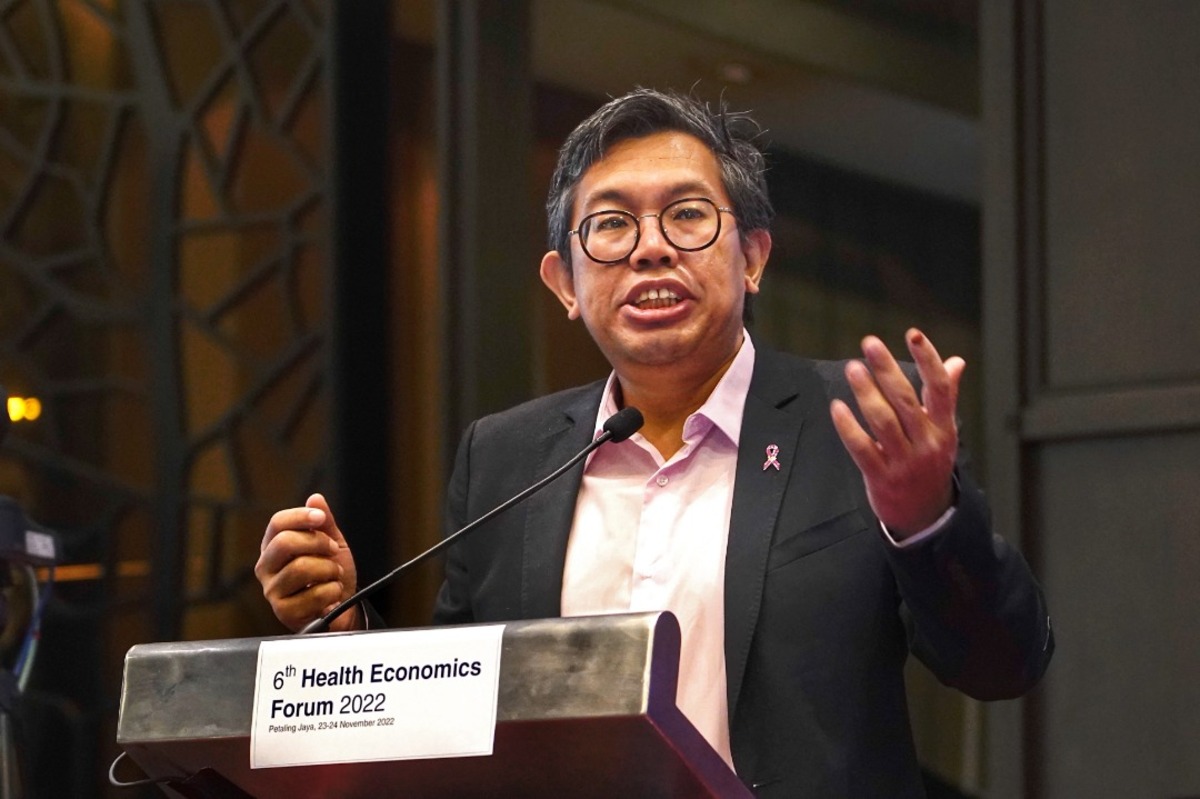In conjunction with the International Day of Epidemic Preparedness (December 27), Malaysia needs to seriously consider forming a health security agency as part of a dedicated and multidisciplinary effort to boost public health emergency preparedness, prevention, and response against current and ongoing health threats such as Covid-19.
The recent Covid-19 public health emergency has flipped the table on previous thinking which assumed that outbreaks should be under the sole responsibility of the Ministry of Health.
This pandemic has taught countries a brutal lesson on the need to not just look at the pathogen, the disease it causes, and the epidemiology, but also the socioeconomic implications on economies and countries, and impact on communities and lives.
It has been a wake-up call for everyone. The experience and challenges faced in working within the mechanisms of the National Security Council (MKN) and National Disaster Management Agency (Nadma) to manage the Covid-19 crisis has shown how such structures better suited for traditional security threats or natural disasters, are ill-equipped, inadequate and struggle to cope in a public health emergency such as the outbreak of an infectious disease.
You cannot control a highly virulent pathogen by threatening to shoot it or impose hefty fines or imprisonment.
We need an agency which combines the best in public health and social care expertise and experience, takes the lead, and is able to marshall the resources of the government, non-government, academia, and private sector to respond to future threats.
It should comprise experts and representatives from different ministries and non-government agencies such as the National Crisis Preparedness and Response Centre (CPRC) and the Welfare Department. The Greater Klang Valley Special Task Force formed in 2021 is a great example of such effective collaboration.
This is not about creating another layer of bureaucracy or agency or renaming departments for the sake of it. This is about ensuring that we have standing capacity to prepare for, prevent, and respond to infectious diseases and other threats to health.
That we are able to mount a response that reduces the negative social impact of interventions on the most vulnerable communities and reduces health disparities. This agency is not a “nice-to-have” but a “must-have”. It is a necessary investment, which pales in comparison to the potential loss of billions in funds and lives lost.
This is not an academic or hypothetical exercise. Covid-19 is an example of what can and has happened.
We need a framework that is able to plan and prepare better, is more agile, proactive, flexible, and reactive towards threats including emerging challenges such as combating misinformation and pseudoscience.
Covid-19 caused massive disruption, pulling institutions out of siloed workflows, breaking up rigid bureaucratic structures, and forcing people to work together across government, non-government and private lines overcoming red tape and improving effectiveness of the response.
The past two years of the ongoing Covid-19 crisis have demonstrated that the burden and responsibility of tackling future and emerging infectious disease threats should not and must not be the sole responsibility of the Ministry of Health.
We have to integrate whole of government and whole of society approaches into the ongoing and future responses to public health emergencies.
As we come to the end of 2022, all eyes are turned towards the recent developments in China. We cannot afford to further lose billions of future revenue, years of economic progress, and thousands of lives lost.
SARS-CoV-2, which causes Covid-19, is only the most recent pathogen to develop into a global pandemic with socioeconomic ramifications and implications. There will be others.
We must increase our level of preparedness and resiliency. This proposed agency is a step forward.
Note: Despite achieving a rapid roll out of vaccines, Malaysia was one of the hardest hit by Covid-19 in this region. The death toll currently stands at more than 36,000 lives lost due to this disease. Earlier this year, despite achieving vaccine coverage which is the 16th highest in the world, Malaysia had the second highest mortality rate in Asean (2.43 deaths per million) which is also among the highest in Asia.
- Azrul Mohd Khalib is the chief executive officer of the Galen Centre for Health and Social Policy.








